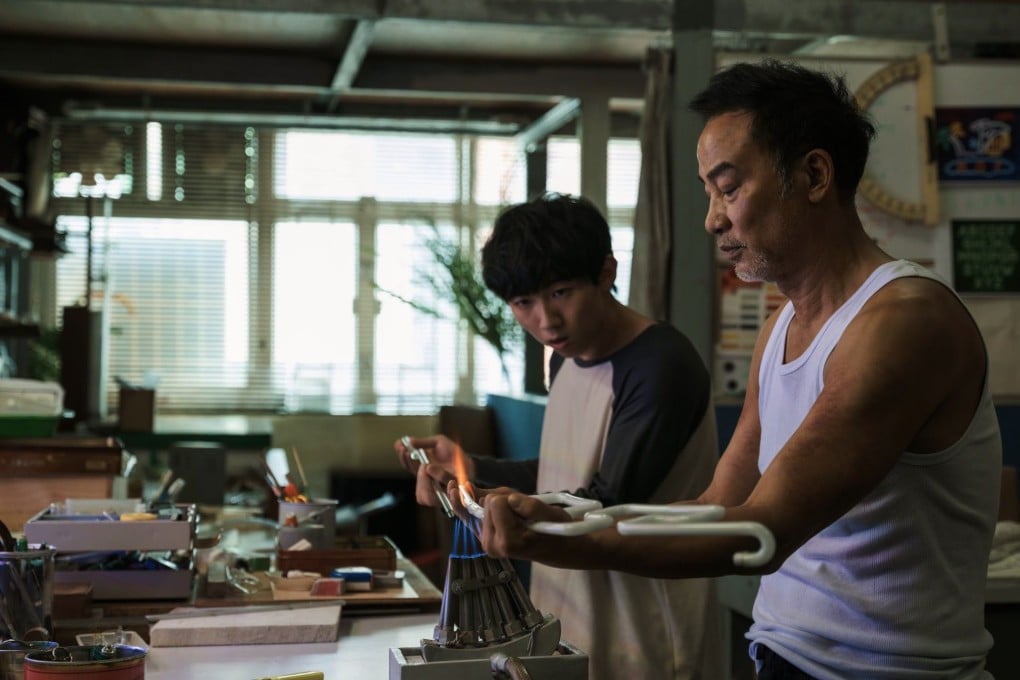Advertisement
Hong Kong Oscars best international feature film entries since 2014, from Port of Call to Better Days and A Light Never Goes Out
- A Light Never Goes Out was earlier selected as Hong Kong’s entry for best international feature film in the 2024 Academy Awards
- We recall other films nominated in the category, previously called best foreign-language film, including Derek Tsang’s Better Days and Ann Hui’s The Golden Era
Reading Time:5 minutes
Why you can trust SCMP

In late September, it was announced that A Light Never Goes Out had been selected as the Hong Kong entry in the 2024 Academy Awards’ best international feature film category (previously best foreign-language film).
The next step is to see whether it is shortlisted for nomination in this category by an academy committee, or actually nominated.
So what kinds of films get selected by the Federation of Motion Film Producers of Hong Kong to represent the city in the Oscars race? We look back at the past 10 years’ submissions.
The Golden Era (2014)
Perhaps mindful of the fact that another artful historical epic – Wong Kar-wai’s The Grandmaster – had made the nomination shortlist a year earlier, Ann Hui On-wah’s biopic of Chinese writer-activist Xiao Hong (played by Tang Wei) was the 2014 pick.
Advertisement
Despite premiering as the closing film of that year’s Venice Film Festival and proving a big winner at the 2015 Hong Kong Film Awards (HKFA), scooping five honours that included best picture, The Golden Era was always going to be a tough sell abroad because of its esoteric nature.
Indeed, even some Hong Kong viewers may have found Hui’s decidedly intellectual approach to the material a challenging watch. Read our full review
To the Fore (2015)
Like The Golden Era, To the Fore did not have a single Hong Kong actor in its main cast. Unlike most films on this list, however, this sports drama from action film maestro Dante Lam Chiu-yin took on a subject rarely featured in big-budget fiction features anywhere: professional cycling.
Advertisement
Select Voice
Select Speed
1.00x